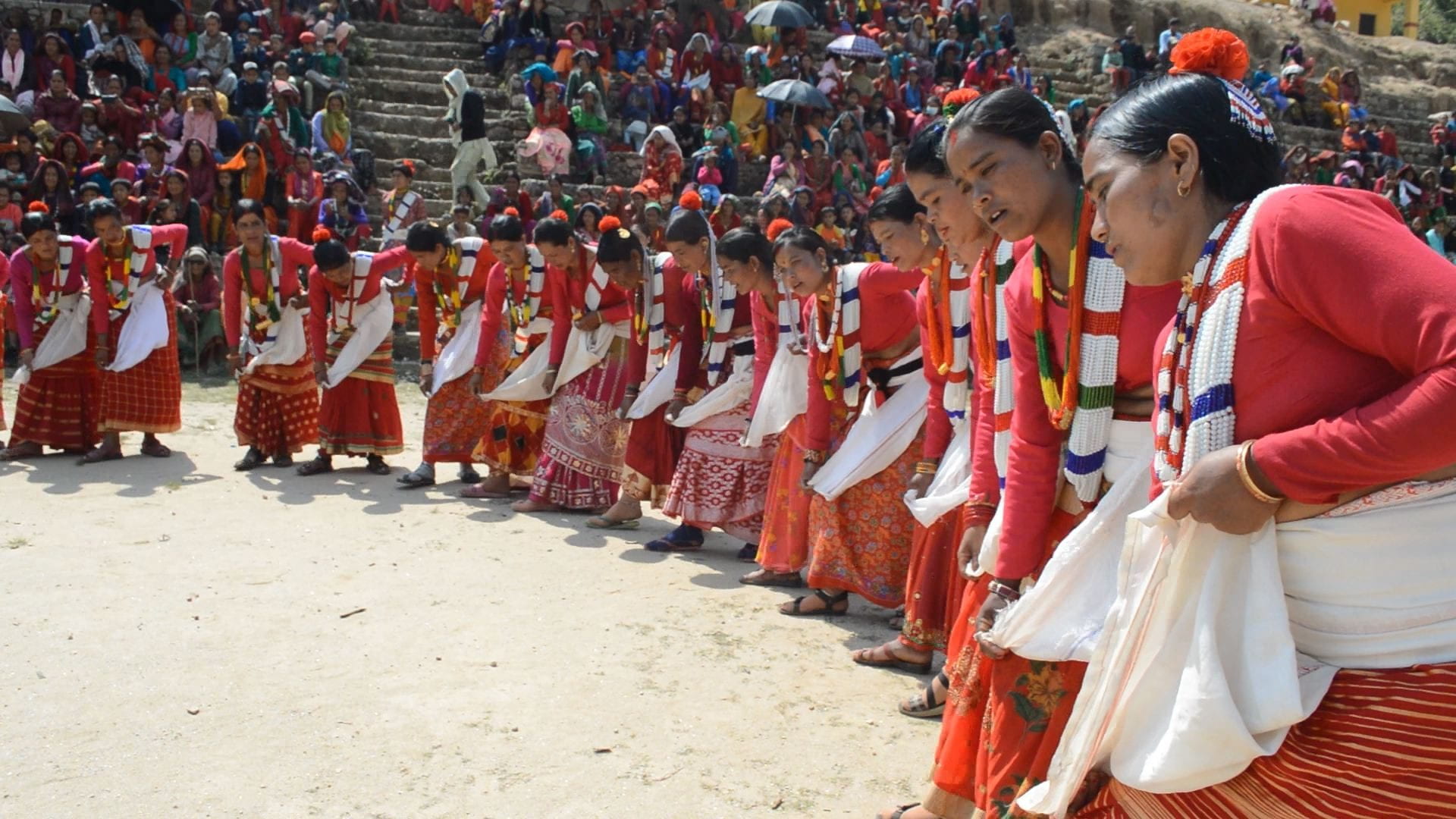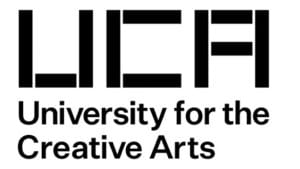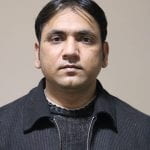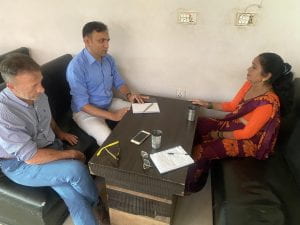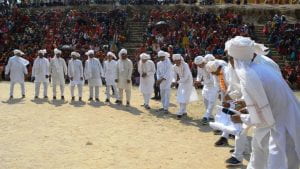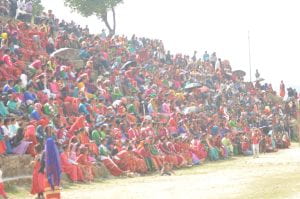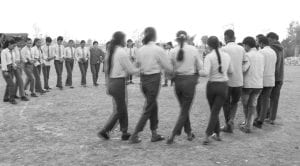Dēudā Folklore & Social Transformation in Nepal
Exploring how Dēudā song, dance and music can support dialogue in post-conflict settings for peacebuilding advocacy and social cohesion…
Dēudā is a popular cultural art form in the mid and far-western regions of Nepal. For centuries, Dēudā is perceived as exposing and commenting upon existing social relations, both harmonious as well as problematic. Through a call and response song, performers can expose collective suffering, and social injustices, which at times takes on a performative cultural form of advocacy for change.
Social issues such as caste and gender discrimination are often exposed, subverted and ridiculed through a Dēudā performance. Harmful traditional cultural practices which discriminate through so-called ‘high and low caste’, rich and poor, men and women are all topics challenged and re-cast through performances.
This project is an effort to appraise how this folklore has helped build social cohesion in these poverty-stricken, and remote societies where there are often social tensions. Furthermore, the potential for Deuda as an artistic educational mechanism to create new ways of imagining social relations, remains unexplored/unused. This project seeks to address this gap.
Download more information about this project
Approaches
- Building in gender (and diversity) inclusive considerations
- Championing indigenous knowledge
- Using applied arts and cultural praxis
Policy outputs
- Two advocacy events (during festivals) including local artists, teachers, students, and local governments in Nepal
- Exhibitions of a Photo Book in Nepal and the UK
